Nuclear clocks are more accurate than atomic clocks.
The nuclear clock is considered to be far more capable than the atomic clock, which determines the duration of a second through energy jumps in the electrons of atoms and is currently the pinnacle of timekeeping.
However, researchers have recently developed a technique that can improve this precision by triggering and measuring oscillations in an even more difficult target: the nucleus of an atom (the nucleus is the core of an atom).
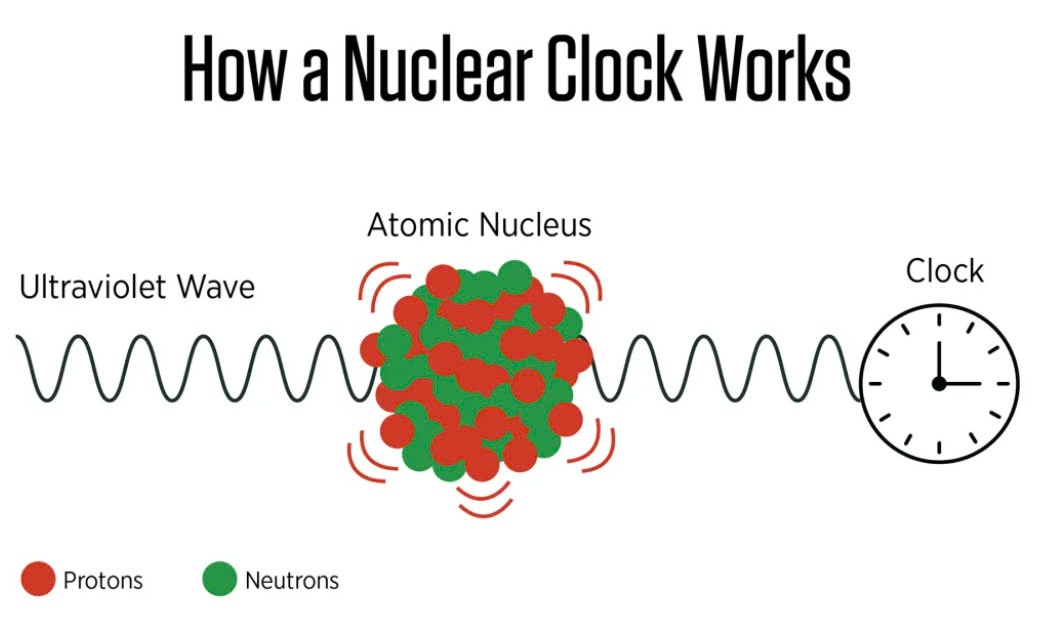
How a nuclear clock works: Scientists measure the frequency of energy pulses that affect an atom's nucleus by counting the wavelengths in the UV signal. The wavelengths can cause the nuclear transitions to oscillate at higher frequencies, allowing for more precise timekeeping. Image: National Institute of Standards and Technology
For the nuclear clock, the scientists used ultraviolet light to excite the nuclei in a thorium-229 atom in a solid crystal. They then measured the frequency of the energy pulses hitting the nucleus—the equivalent of a pendulum in a conventional clock—and counted the wavelengths in the UV light using a tool called an optical frequency comb.
Generating energy jumps in nuclei requires a much higher frequency signal than that used for atomic clocks. With more wave cycles per second, this method is expected to provide more precise measurements of time.
Although the nuclear clock is still a work in progress, they realize that it could transform not only timekeeping but also physics research, even influencing the way scientists study the structure of the universe.
The prototype is already as accurate as an atomic clock, and future versions are expected to be even more accurate and stable, according to research published September 4 in the journal Nature.
“There are a few factors we can leverage to improve accuracy,” said the study’s lead author Chuankun Zhang, a graduate student at JILA, a research center funded by the University of Colorado Boulder and the National Institute of Standards and Technology.
Physics Revolution?
As is well known, the accuracy of atomic clocks is much higher than that of conventional clocks. For decades, atomic clocks have been used in GPS technology for space exploration and international timekeeping.
In addition, the precision and stability of atomic clocks have provided scientists with important tools for studying earthquakes, gravitational fields, and space-time.
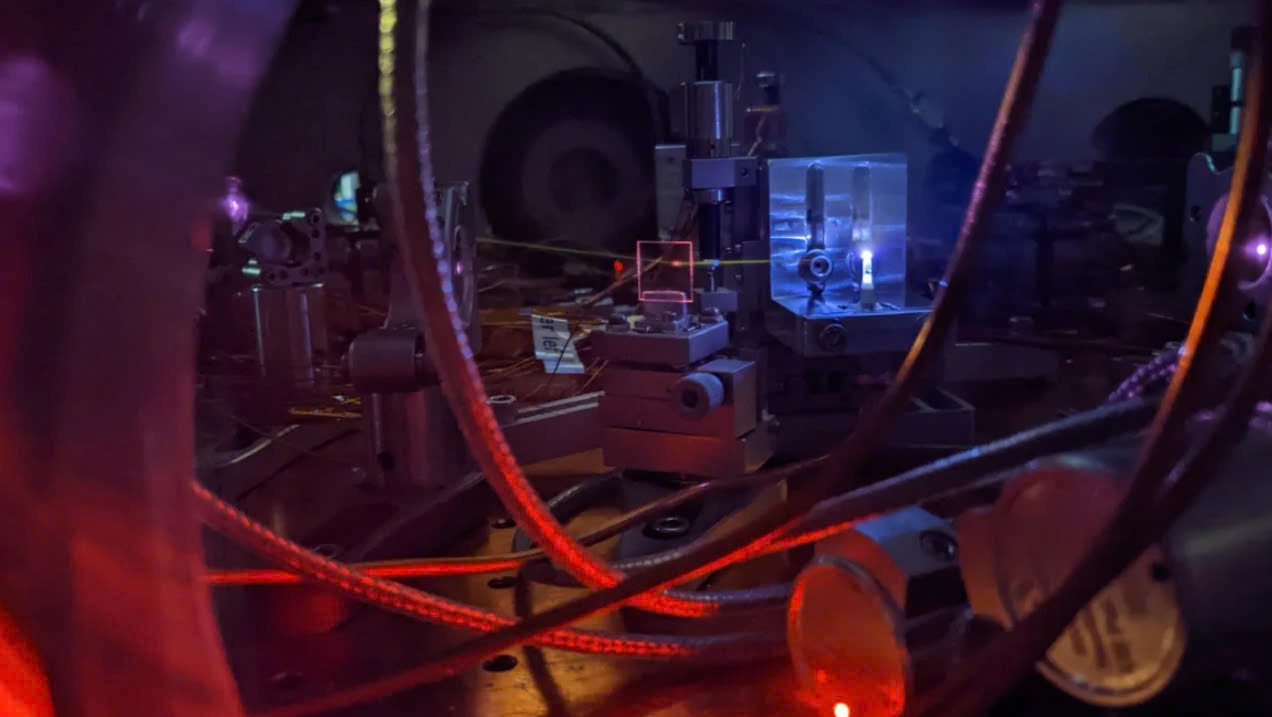
To make the nuclear clock work, scientists used ultraviolet light to excite the nuclei in thorium-229 atoms. Photo: JILA
However, atomic clocks are also susceptible to getting out of sync. Electromagnetic interference can disrupt excited electrons and affect the accuracy of timing, says Zhang.
These fields are likely to be “prompted,” said Dr. Olga Kocharovskaya, professor emeritus of physics at Texas A&M University, who was not involved in the research.
Nuclear clocks are not only more accurate, she added, but also simpler and more portable, because unlike atomic clocks, they do not require high vacuum conditions, extreme cooling, or shielding from magnetic and electrical disruptions.
According to scientists, although there are still many factors that need to be achieved before nuclear clocks surpass the performance of atomic clocks or replace them, these findings demonstrate that that time is not far away.
Ha Trang (according to CNN)
Source: https://www.congluan.vn/dong-ho-hat-nhan-den-gan-thuc-te-nho-nhung-dot-pha-vat-ly-moi-post312059.html





![[Photo] Prime Minister Pham Minh Chinh receives Mr. Jefferey Perlman, CEO of Warburg Pincus Group (USA)](https://vstatic.vietnam.vn/vietnam/resource/IMAGE/2025/4/18/c37781eeb50342f09d8fe6841db2426c)
![[UPDATE] April 30th parade rehearsal on Le Duan street in front of Independence Palace](https://vstatic.vietnam.vn/vietnam/resource/IMAGE/2025/4/18/8f2604c6bc5648d4b918bd6867d08396)

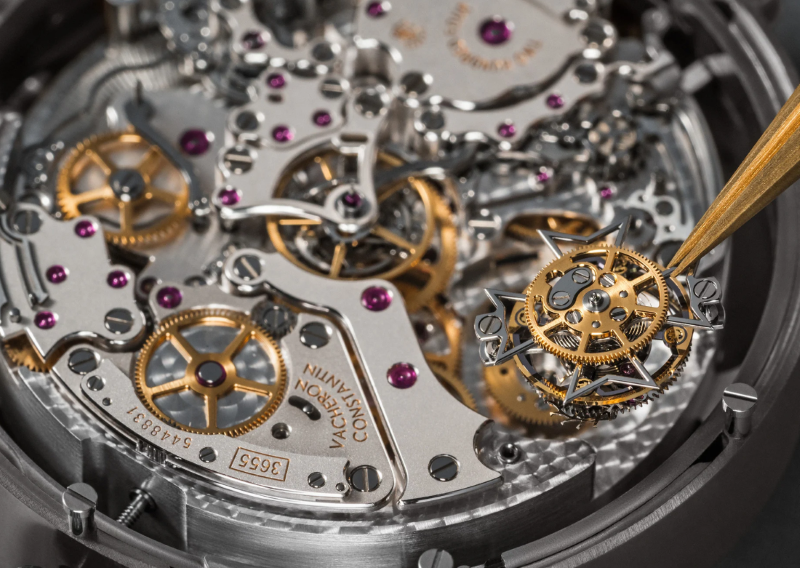



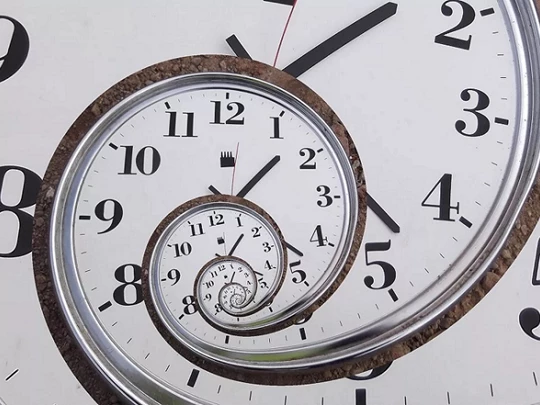

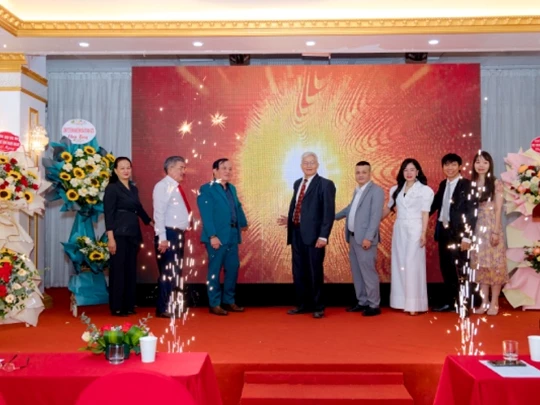





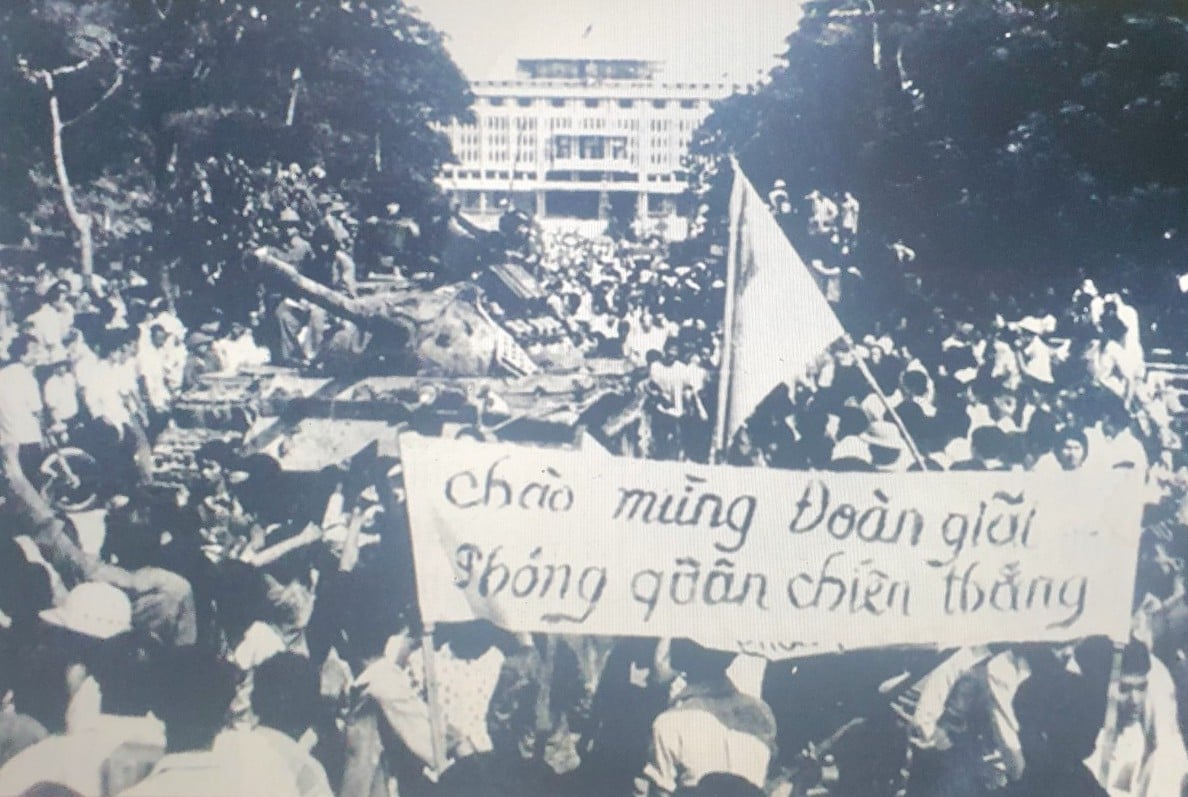



























































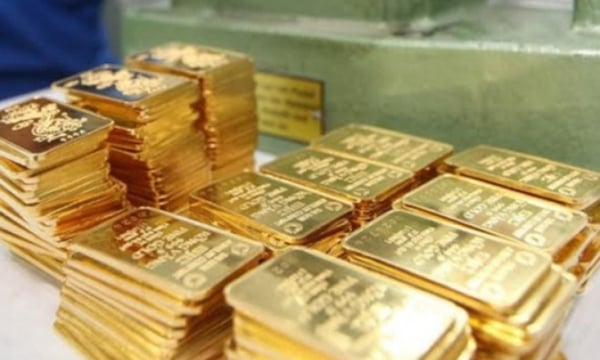



















Comment (0)